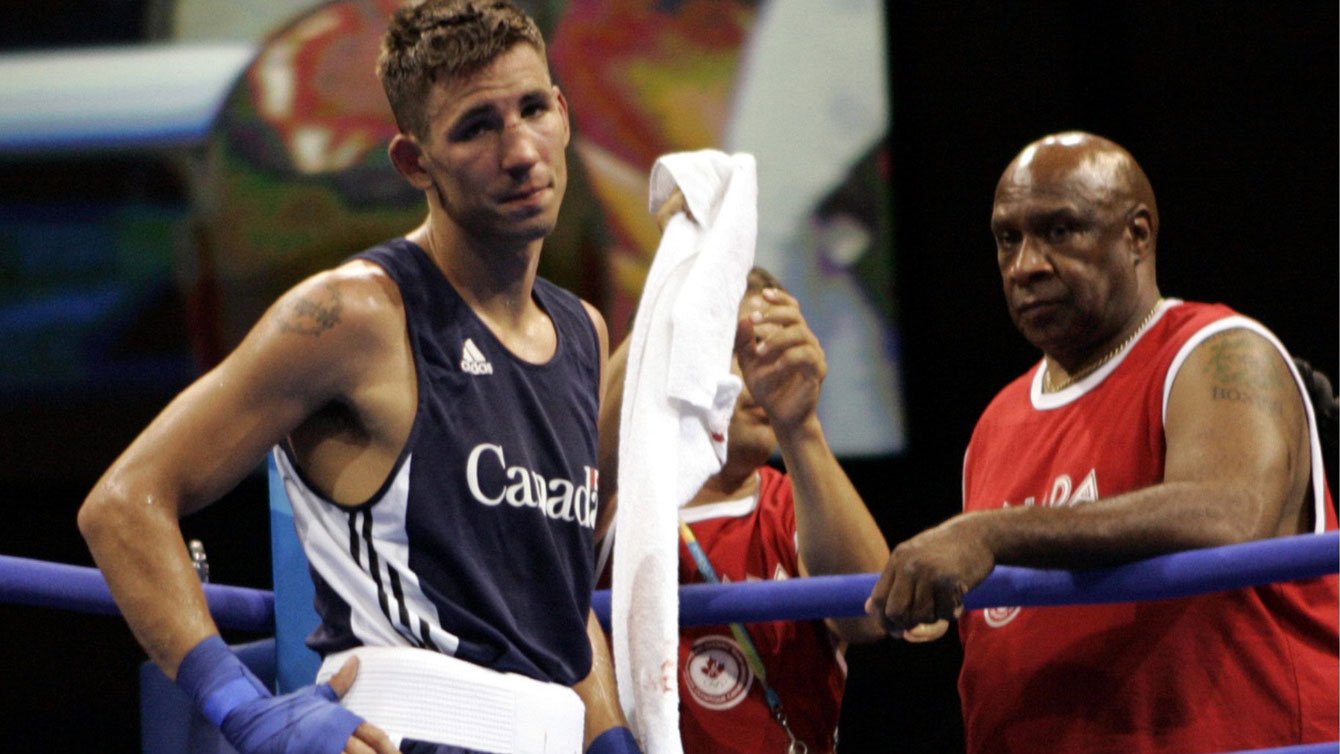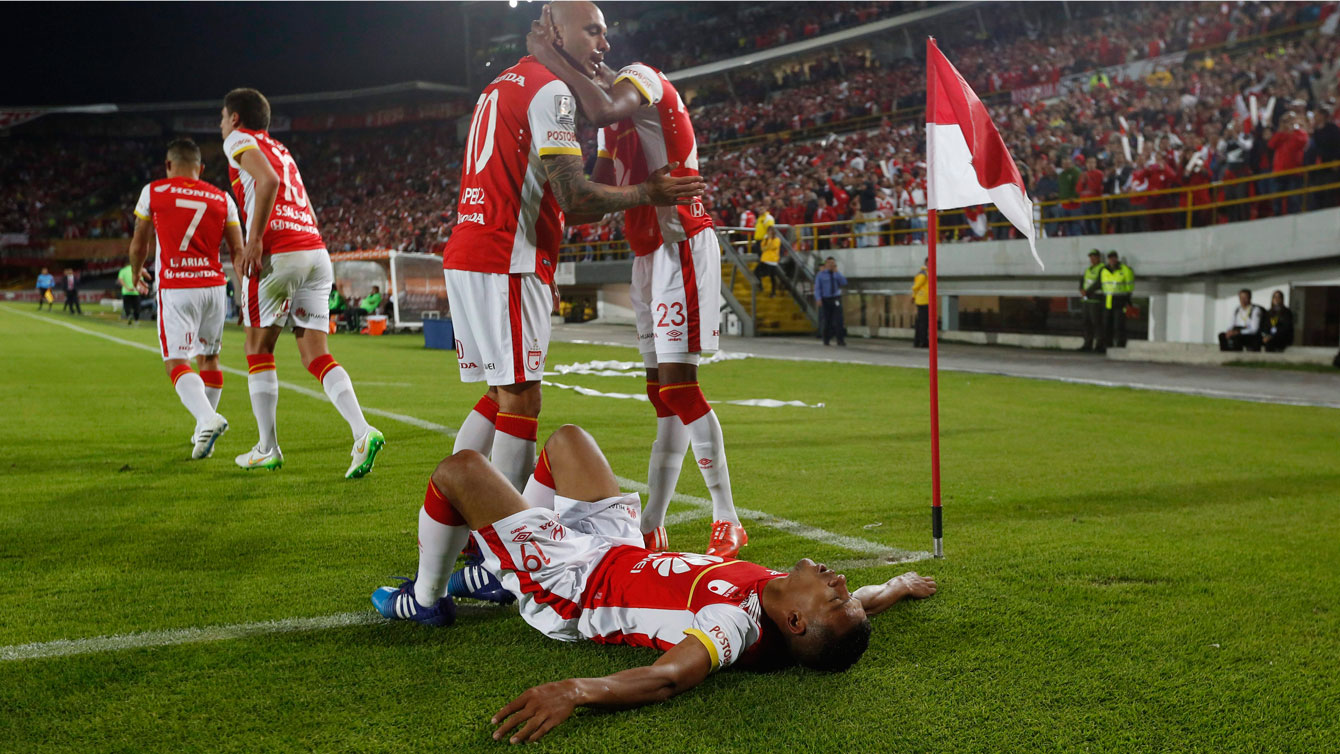Sports idioms: Similarities and differences in English and Brazilian Portuguese
Brazilian Portuguese is a language full of idiomatic expressions with diverse meanings and origins. As with English, many of these expressions are interchanged in sport – although they are often used to describe other things.
Some expressions are pretty similar to their English versions and may be heard during Rio 2016. However, others are particular to Brazilian culture and have no resemblance to English idioms. Here are a few examples:
Pendurar as chuteiras

“Pendurar as chuteiras” means to retire – not only in sports
Literal translation: to hang up the boots
Real meaning: to retire
Although it could be used for sports, this expression goes beyond the pitch. If a lawyer is planning to retire, they are planning to pendurar as chuteiras. It has the exact same meaning as “hang up the boots.” In English, other expressions that have the same meaning are “hang up the gloves” in boxing or “hang up the skates” for ice hockey fans.
Jogar a toalha

Inspired by boxing, “jogar a toalha” means to give up
Literal translation: to throw in the towel
Real meaning: to give up
“Throw in the towel” goes back to early 1900s boxing. Since that time, a towel has been thrown into the ring to signal a boxer giving up. By its symbolism, the expression has become widely popular in both English and Brazilian Portuguese languages.
Abandonar o barco

When someone decides to “abandonar o barco,” they are giving up
Literal translation: to abandon the ship
Real meaning: to give up on a difficult situation
When a person understands how hard a situation is and decides to give up on it, they are about to abandonar o barco – the same as “abandon ship,” for English speakers.
The popular “bola”

“Bola” is a popular word among Brazilian expressions
Bola, or ball in English, is a huge success among the idiomatic expressions. While baixar a bola (literal translation: to lower the ball) means to calm down or to lower expectations, pisar na bola (literal translation: to step in the ball) is the same as making a blunder. There is also trocar as bolas (or to switch the balls) which means getting confused about something, quite different from switching play during a football match, for example.
Jogar para escanteio

“Jogar para escanteio” means to push someone/something aside
Literal translation: to throw to the corner
Real meaning: to push someone/something aside
Maria foi jogada para escanteio (“Maria was thrown to the corner”). That’s what Brazilian Portuguese speakers would say if someone is being ignored or pushed aside by another person. It has nothing to do with corner kicks in football.
Abrir o jogo

“Abrir o jogo” is the same as “to reveal something.”
Literal translation: to open the game
Real meaning: to denounce, to reveal details about something
If someone has a secret and wants to reveal it, they have decided to abrir o jogo. In English, it has the same meaning as “put the cards on the table” or “to come clean.”


